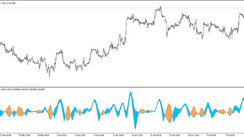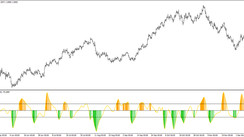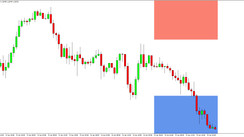Over the past week, the DJIA rose 1.2%, the S&P 500 - 1.4%, ending with a rise for the fourth week in a row. The Nasdaq Composite gained 1.1% over the past week. This is its third straight week of growth.
According to data published last Thursday, the volume of retail sales in the United States increased by 9.8% in March (against the forecast of +5.9% and a decrease of -2.7% in February). The index of business activity in the manufacturing sector of the Federal Reserve Bank of Philadelphia also came out with a value of 50.2 that exceeded the forecast (42.0). The data above the value of 50.0 indicates the acceleration of activity, which is generally positive for the national currency.
The growth leaders in the DJIA index are Cisco Systems Inc. (+2.25%), Home Depot Inc. (+1.65%), Johnson & Johnson Co. (+1.15%), Goldman Sachs Inc. (+1.11%). Bank of America Corp. revenue it surpassed even the most optimistic forecasts of analysts and amounted to $ 22.93 billion. Earnings per share were $ 0.86, the highest in recent years. In turn, Morgan Stanley Bank reported income at $ 15.72 billion. Earnings per share hit an all-time high of $ 2.22 against an expected $ 1.72.
On Monday, futures for major US stock indexes are rising again. Probably, the American trading session will also start with the growth of stock indices.
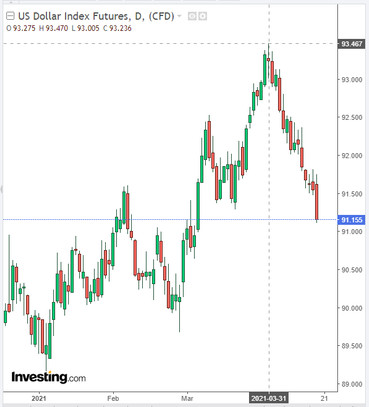
Meanwhile, the dollar resumed its decline. As of this writing, DXY dollar futures are traded near 91.15, 230 pips below the local 4-month high reached in late March.
The dollar remains vulnerable amid the Fed's stimulating policy (since the end of June 2020, the Fed has been buying at least $ 120 billion in Treasury and mortgage bonds every month to contain the rise in borrowing costs, and keeps the interest rate near zero), which spins inflation. During the March meeting, Fed officials said they still intend to keep interest rates near zero until the end of 2023, and did not express readiness to wind down the bond purchase program. Meanwhile, despite the high rates of vaccination, the situation with the incidence of coronavirus in the United States remains tense, and stimulus programs worth trillions of dollars from the US government create the preconditions for the further weakening of the dollar.
The yield on US government bonds also continues to decline, which also knocks out support from under the dollar.
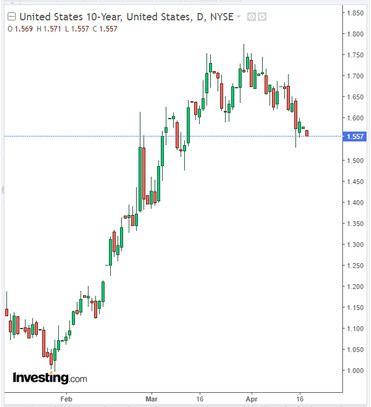
This week, market participants will follow the course of meetings of the central banks of Canada and the Eurozone. And for today the publication of important macro statics is not planned. Nevertheless, the major US stock indices, including the DJIA, are likely to remain inclined to further growth, and the dollar - to decline.
However, one should not ignore the fact that the American stock market can be significantly overheated.
Investors continue to buy stocks that should benefit from rising inflation and economic activity. At the same time, an overly optimistic mood of investors may indicate their erroneous assessment that does not take into account market risks, for example, such as an increase in government bond yields, a worsening epidemiological situation, a shortage of labor and a possible escalation of the geopolitical situation in the world.


